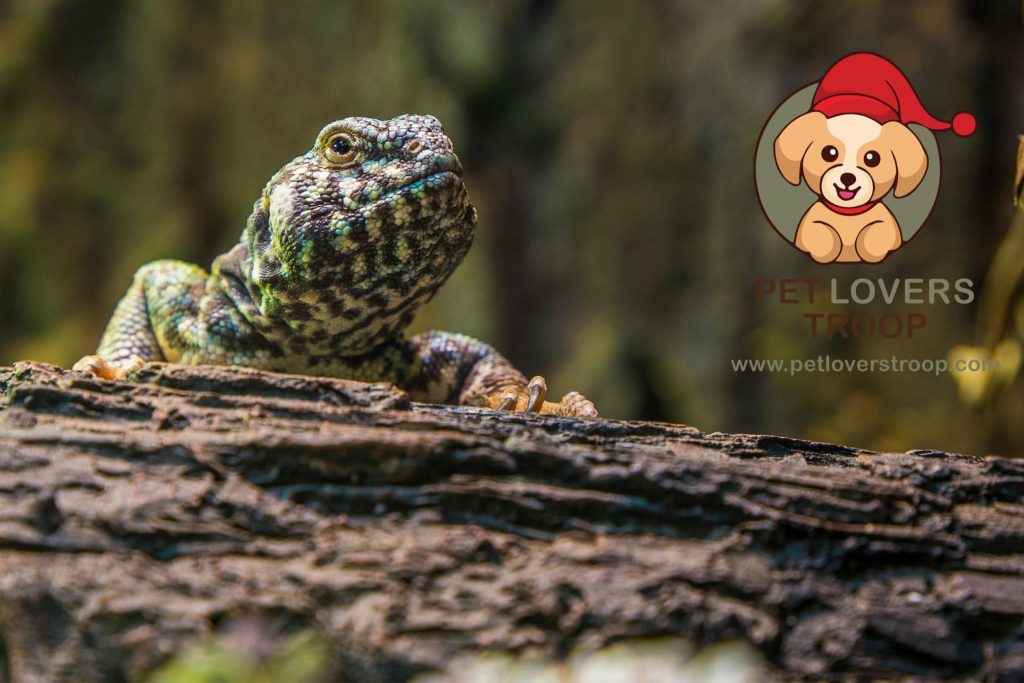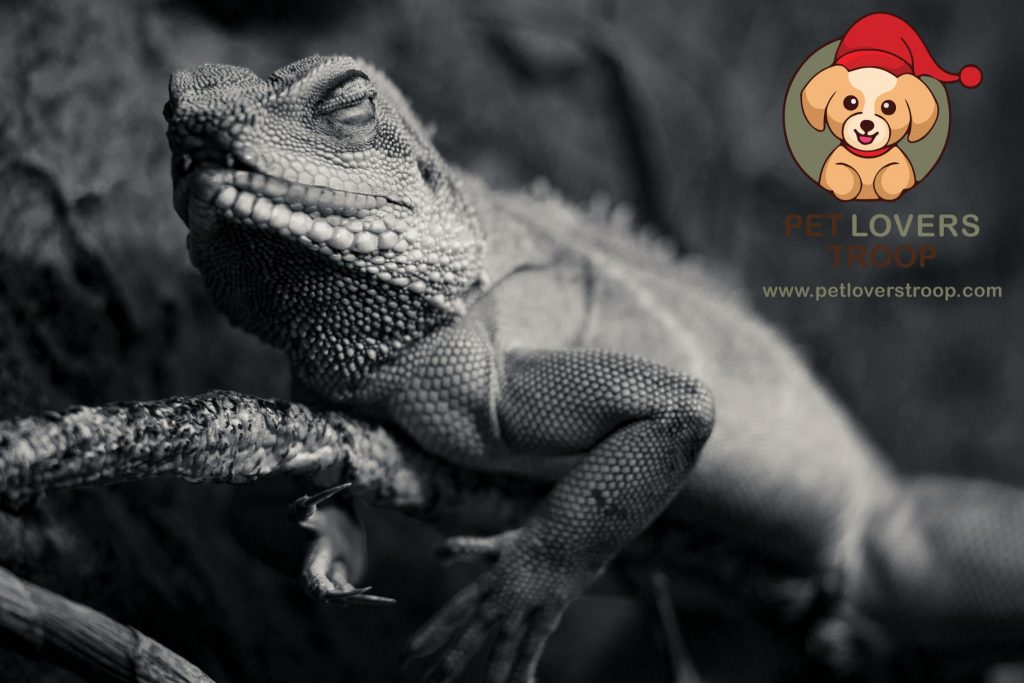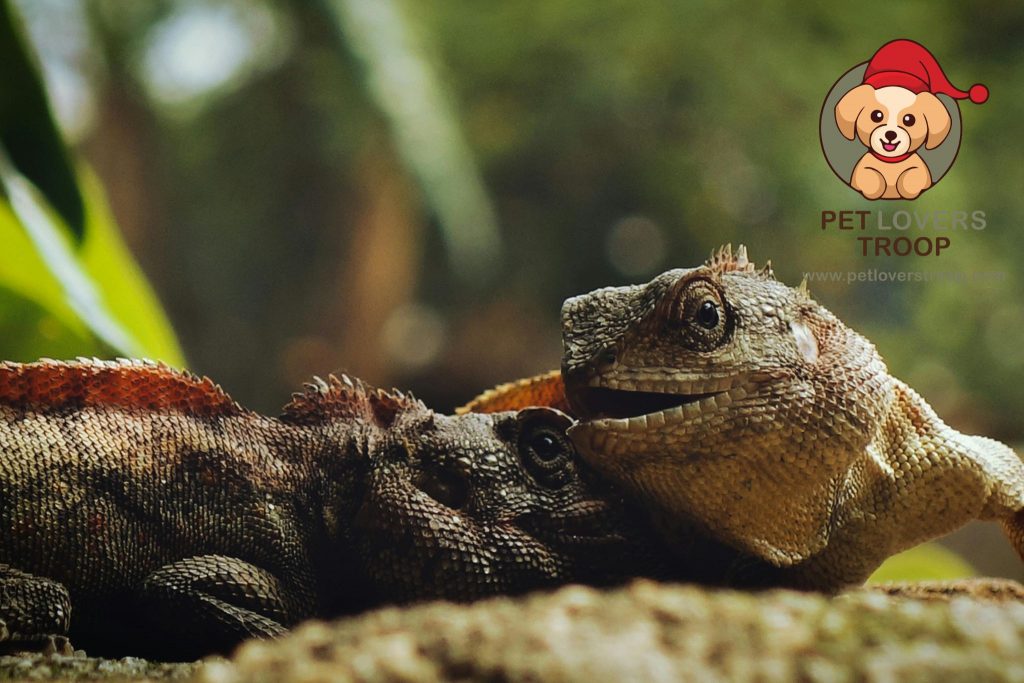Reptiles attract pets that bring a vibe of the exotic to our homes. Taking care of their health can be a little difficult because of their unique needs. You must understand common health issues for reptile health to make sure they’re in good health.
In this article, in the following article, we will study the most important Reptile health issues, and their scare tapes and we will discuss how we can maintain reptile health we will also emphasize the importance of regular reptile vet care and proper hygiene of reptiles.

Understanding Reptile Health Issues
Reptile health issues can range from very few problems to severe, life-threatening conditions. Popular problems include metabolic bone disease, respiratory infections, parasites, and skin issues. These conditions usually happen when you do improper, inadequate nutrition, or suboptimal living conditions.
Metabolic Bone Disease (MBD) is very frequent in reptiles like lizards and turtles. The most common reason for this is due to lack of calcium or vitamins, it weakens the bones and skeleton. Symptoms include lethargy, swollen limbs, and soft jawbones.
Respiratory infections are a major concern, which are caused by very poor humidity and also unclean areas. Signs include wheezing, nasal discharge, and difficulty breathing.
Skin issues like shedding problems or fungal infections are common, repeatedly resulting from bad humidity and reptile hygiene levels. Giving a clean environment and proper hydration can relieve these and decrease issues.
Read more on: Reptile Conservation Imperative and Powerful Impact: Exploring the Urban Wilderness
Habitat Setup
Temperature and Humidity Control
Reptile health issues rely on outside heat sources to balance their body temperature. You must make sure that reptiles get proper temperature with cooler areas and lying spots. Keep the right humidity levels based on every reptile’s natural habitat.
Lighting
UVB lighting is important for most reptiles as it improves vitamin D3, fundamental for calcium absorption. Make sure that your pet gets 10-12 hours of UVB light every day.
Substrate
Pick a substratum that is reliable and fits your reptile species. Keep away substrata that can cause effects, such as sand for certain reptiles.
Diet and Nutrition
Balanced Diet
Every reptile has its own different needs. Some love to eat leafy greens and vegetables while some reptiles which are carnivores need to consist of appropriate prey items. You must have to visit a vet to make sure which kind of diet your reptile needs so that you have a balanced diet for your reptile.
Supplements of Vitamins and Calcium
It is so important to give calcium and vitamins to your reptile food. Usually, if it’s prone to MBD. You can give our powdered calcium to your prey items and by having a directed by your veterinarian you can give supplements.
Hydration
Water Availability
You must provide clean water and fresh water to your reptiles. Some reptiles may need a misting system or a drenched dish to stay hydrated.
Humidity Control
Use hygrometers to supervise and keep the correct humidity amounts in the area to avoid respiratory and skin issues.
Regular Health Monitoring
Observe Behavior
Repeatedly monitor your reptile’s behavior and always check that your reptile has any changes like abnormal physical symptoms, changes in appetite, or signs of illness.
Routine Vet Visits
You should regularly go to a reptile vet to make sure that your reptile has any health issues or not. A vet can provide really good nutrition and proper care.
Maintain Cleanliness
Enclosure Cleaning
You should regularly clean their area and remove the waste material. This helps to avoid harmful bacteria and take care of Reptile health issues.
Water Hygiene
You should regularly change the water of your reptiles and make sure that water dishes are clean; the old water can have bacteria which can lead to infections.
Quarantine New Pets
Isolation Period
When introducing a new reptile to your set, separate it for at least 20 days to avoid the extent of venting reptile diseases or bugs to old pets.

Practice Good Hygiene
Hand Washing
Washing your hands before and after handling your reptile is very important because it avoids the transfer of pathogens.
Handling Precautions
Prevent handling your reptile so much, as it can be a source of stress and weaken their immune system. You should be gentle and support their body right while holding it.
Monitor for Parasites
Regular Inspections
Repeatedly confirm your reptile for signs of mites, ticks, or other parasites. Explore for strange actions such as extreme scratching.
Veterinary Treatments
If you are unsure of a parasite invasion, seek vet treatment immediately. Your vet can suggest the right treatments to remove parasites efficiently.
Importance of Reptile Vet Care
Reptile vet care is key for preserving the Reptile health issues of your pet. Regular vet visits allow for the initial detection of health problems and offer an opening to have expert recommendations on care and nutrition.
Expert Advice
Dietary Guidance
Vets can recommend tailored dietary advice built on your reptile’s species and health status. This confirms your pet takes the basic nutrients for good health.
Husbandry Recommendations
Vets can give suggestions on home setup, lights, and temperature management to create the best living conditions for your reptile.
Promoting Reptile Wellness
Promoting reptile wellness goes beyond avoiding illnesses; it affects creating a rising environment that stands for their overall health.
Environmental Enrichment
You must have an environmentally rich reptile’s natural behaviors; which can include climbing structures, hiding spots, and different feeding methods.
Mental Stimulation
How to start to do activities with your reptile for their mental stimulation such as puzzles or also you can explore new environments under supervision.
Appropriate Handling
Hold your reptile gently and rarely to form trust and decrease stress. Some reptiles enjoy very little social interaction, while others love to play regularly.
Companion Animals
Harvest, try to research your reptile’s social needs before adding another reptile close to that one. Some reptiles love to be alone and some love to be in the company of others.

Conclusion
Avoiding common reptile health issues needs a full approach that involves proper habitat setup, evaluated nutrition, daily health monitoring, and vet care. By monitoring these reptile care tips and maintaining high measures of hygiene, you can make sure that your pet remains healthy and succeeds in its environment.
Remember, the key to healthy reptiles is active care and a lot of understanding of their different needs. With loyalty, you can stop reptile illnesses and can have long a longstanding.
